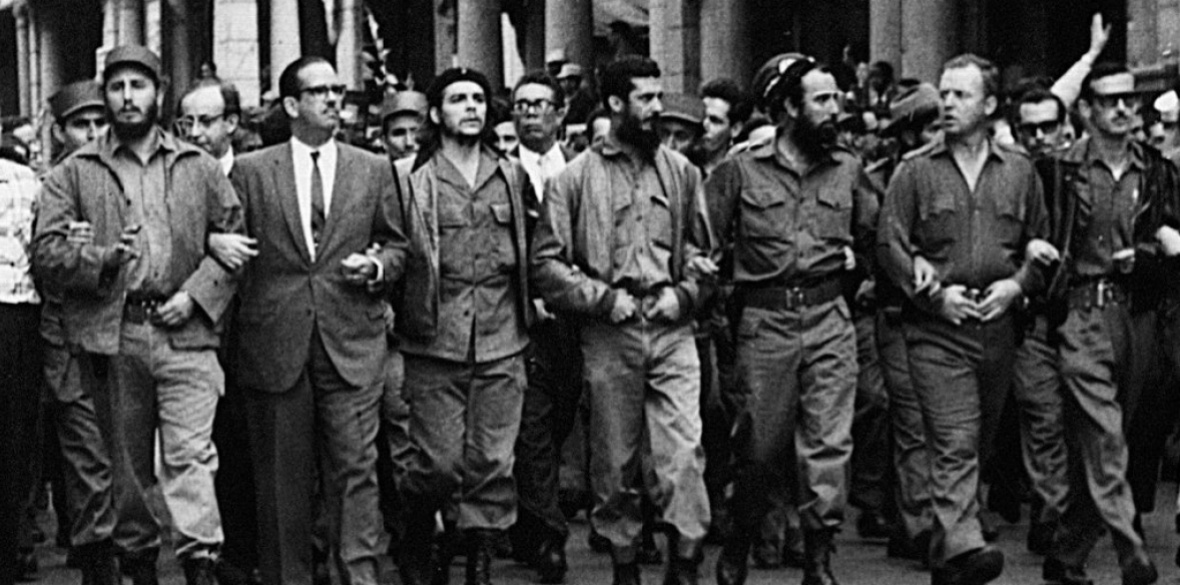This is the last article you can read this month
You can read more article this month
You can read more articles this month
Sorry your limit is up for this month
Reset on:
Please help support the Morning Star by subscribing here
THE British embassy in Havana was used to gather intelligence for the United States as it attempted to undermine the Cuban Revolution during the cold war, new documents have revealed.
According to an investigation by Declassified UK, Britain also mounted its own operations, including propaganda aimed at smearing the revolution’s leaders, including Fidel and Raul Castro.
The operations involved a propaganda department of the Foreign Office, the Information Research Department (IRD), and took place as the West’s US-led cold war against the Soviet Union was intensifying.
The files reveal that in August 1962, Leslie Boas, Britain’s regional information officer for Latin America based in Caracas, Venezuela, circulated a report on the leading political personalities in Cuba.
Mr Boas wrote: “Having read the report, it has occurred to me that we could make effective use of some of the information it contains for propaganda purposes.
“We could put out, in a completely unattributable fashion, a leaflet entitled ‘Personalities of the Cuban Revolution’ in which the more dubious aspects of the leading figures in the Cuban scene would be highlighted.”
The files note that senior IRD official Rosemary Allott suggested the unit “might include suitable stories circulating in Cuba,” adding: “I heard one in Havana — since forgotten — on Raul Castro as a homosexual.”
Another IRD official, Geoffrey McWilliam, wrote to the British ambassador in Havana that “Raul Castro’s homosexuality … would be suitable for inclusion” in the leaflet.
The files also show that during the 1970s, the IRD produced forged documents in an attempt to attack Cuba’s anti-apartheid campaigns in Africa.
Cuba Solidarity Campaign director Rob Miller told the Star: “It comes as little surprise to read about these limited UK attempts to support US destabilisation against Cuba.
“As the junior partner, Britain has always kowtowed to US policies against the island and across the region.
“However it is also important to recognise that the UK has generally taken a more independent policy towards Cuba and has maintained full diplomatic and trading relations with Havana continuously since 1959.
“The UK issued credit guarantees to support UK-Cuba trade in the 1960s and has encouraged bilateral trade ever since, to the ire of the US.”
Mr Miller said that Britain should and could “do so much more to counteract the extraterritorial US blockade policies and stand up for a policy of engagement rather than aggression and isolation.”

 Peter Lazenby
Peter Lazenby









